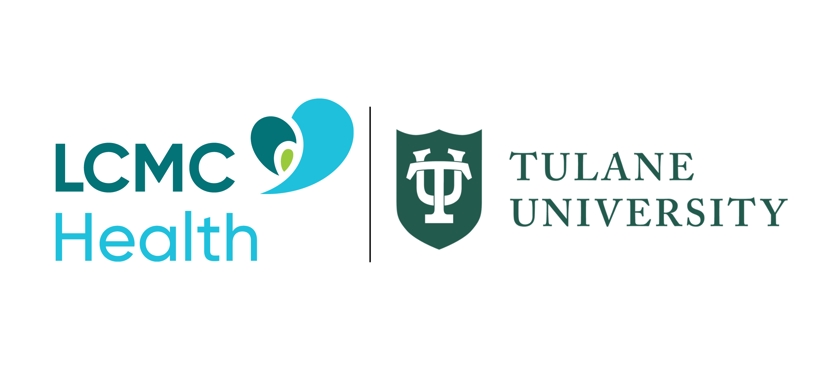What’s the connection between racism and health?
- Category: Diversity Equity and Inclusion
- Posted on:

Minorities in the U.S. have a higher risk of developing many different health conditions. The issue is complex, but in many cases, these health disparities are often at least partially the result of racism. There’s a connection between racism and health.
People of color, including Black Americans, often experience racism, which is defined as a “system that assigns value and determines opportunity based on the way people look or the color of their skin.” Over time, experiences of racism can increase the risk of physical and mental health issues for racial and ethnic minority populations.
What can be done to reduce health inequities and improve health? Keep reading to learn more about this complex public health topic.
Understanding the health disparities faced by American minorities
While every person is at risk of developing medical conditions, the risk is often significantly higher for minorities. In fact, the Centers for Disease Control and Prevention reports that American minorities broadly face higher rates of illness and death from many different conditions, including heart disease, diabetes, high blood pressure, asthma, kidney disease and certain types of cancer.
Health disparities were also evident during the COVID-19 pandemic, when Black Americans and other minorities faced higher rates of serious illness, hospitalization and death than other Americans. While there are many contributors to health disparities, including a lack of access to appropriate healthcare, socioeconomic inequities, increased occupational exposure to hazards and an underlying genetic risk for some minorities, racism also plays a role.
How racism impacts health
There are multiple ways in which racism can impact health for minorities. For one, ingrained racist practices and policies can make accessing healthcare services more difficult or even impossible.
When people are unable to find affordable health insurance coverage, for example, they will often skip routine preventive care. Without routine preventive care, including checkups and screenings, many people don’t seek care until a medical condition has progressed to a stage where it’s causing disruptive symptoms and poor health. The latter stages of disease are less treatable and curable.
Racism in other aspects of life, aside from healthcare, also impacts health. The common practice of redlining, which shaped many American communities, placed many minorities in areas where they faced increased environmental toxins and hazards.
Beyond causing conditions and practices that contribute to health inequities, racism can also directly impact physical and mental health. Facing everyday racism or specific instances of racial trauma can cause a good deal of stress on the body and mind. Stress, in turn, is associated with many different health issues.
As result of racism, minorities may experience:
- Difficulty sleeping
- Heart disease
- High blood pressure
- Higher risk of a mental health issue such as depression, anxiety, PTSD or an eating disorder
- Higher risk of being overweight or obese
- Inflammation
- Elevated levels of cortisol and other stress hormones
The effects of racism-related stress are particularly noticeable when it comes to blood pressure. Uncontrolled or poorly managed stress is a known risk factor for developing high blood pressure, or hypertension. According to the CDC, Black Americans are more likely to have high blood pressure than Hispanics, Asians or white people, among others.
What can be done
At LCMC Health, we are committed to providing all people with appropriate and equitable access to healthcare. As part of that commitment, we work alongside other organizations in our community to bridge the gap and dismantle racist systems and practices.
If you are a minority, we encourage you to seek out the preventive health services that can help you take control of your health. It can be difficult to know where to begin, but a checkup is a good place to start. We’re here to partner with you to improve your health.
A primary care provider can help you keep an eye on health issues you may face. Need a new provider? Find one here.

